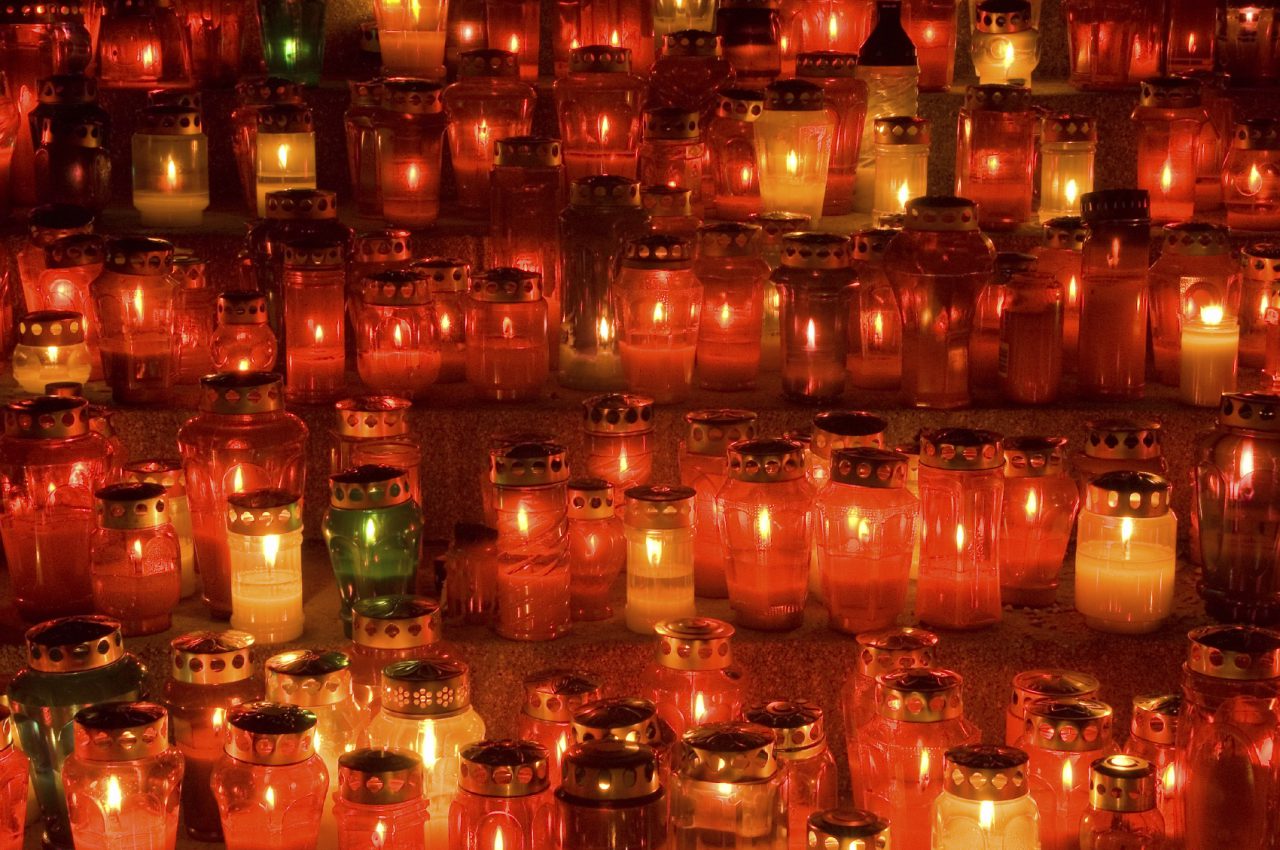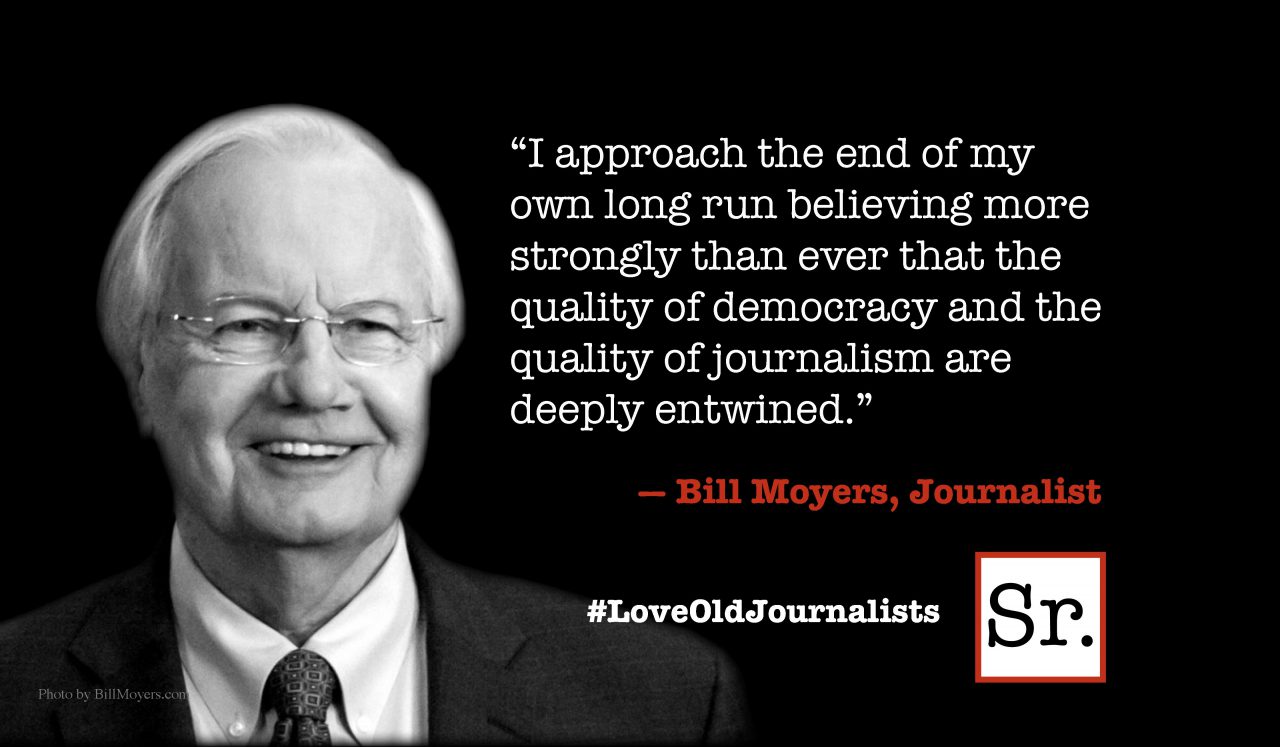For me there are four major challenging areas of thought and action:
Philosophy asks : “Why is there something and not nothing?”
Science, including the social sciences and economics asks:
“Since there is something, what is it, and how does it all work?”
The arts ask: “Is there non-rational beauty or value at the core of all that exists?”
Religion asks, “What does it all mean? Is life worth living? What are we called to do and be? What is beyond or above our physical experiences?”‘
For the next three weeks I want to focus on the religious question. I realize for many others, perhaps for most, religion has quite a different meaning. For some it is how to achieve eternal life, particularly in some other realm, like a Christian heaven. Or religion might be a way to secure the protection of the god or gods from one’s enemies or from natural disasters. Or it might be a way to convince god or the gods to interrupt the laws of nature in answer to the pleading of the faithful. Or it might be a set of laws, rules or doctrines that divide the righteous from the rest of the human race. I have no argument with any of these common understandings of religion until they assume that those who hold these specific truths are “in” — or saved — and the rest of humanity is out — sometimes eternally out!
But for many of us religion is centered on other questions. It comes down to this: Is religion primarily focused on doctrines and institutional order, or it is about the meaning of our lives and how we live together in a very complex world? My guess is that many people ask these questions without either understanding or acknowledging that these questions have always been at the core of religion.
Like philosophy and the arts, religion asks questions of value: what is the good the true, the beautiful, the holy, the just? But beyond simply an intellectual curiosity, religion ponders how these values get lived out. So in all religion there arises the question of ethics. What constitutes the good, just, loving, holy life? How does truth affect the way we live in our own skins, and with each other? Perhaps there can be no such thing as a personal religion that does not also involve the rest of the world. So the social implications are inexorably connected to personal values. The following biblical injunction is shared with most other religions “How can anyone say they love God and hate their neighbor?” Christians do not have sole possession of what we have called the golden rule, “Do to others what you would want them to do to you?”
- Buddhism — “Hurt not others in ways that you yourself would find hurtful.”
- Confucianism — “Do not do to others what you do not want them to do to you.”
- Hinduism — “Do not do to others what would cause pain if done to you.”
- Islam — “None of you truly believes until he wishes for his brother what he wishes for himself.”
- Judaism — “Thou shalt love thy neighbor as thyself.”
- Sikhism — “No one is my enemy, none a stranger, and everyone is my friend.”
- Sufism — “The basis of Sufism is consideration of the hearts and feelings of others.”
This ethical perspective also runs throughout the philosophic tradition.
Plato — “May I do to others as I would that they should do to me,”
Kant — “Act as if the maxim of thy actions were to become by thy will a universal law of nature.”
I realize that religion has often epitomized the opposite, and produced pogroms, slaughters, bigotry and vengeance which have not only infected religion but have also brutalized all it touches. Despite its claim to having embodied the purity of love, Christianity produced the inquisition, the Crusades, a 30 year European war, the Salem witch trials, slavery, segregation, apartheid and much more. If that is what people see in Christianity, no wonder they have left it in droves. My conviction is that these things define heresy, and that at its heart Christianity and all the other major world faiths embody a very different sense of life’s meaning. Next week I want to discuss the Implications of these notions for us in today’s United States as we face a series of important ethical decisions.









